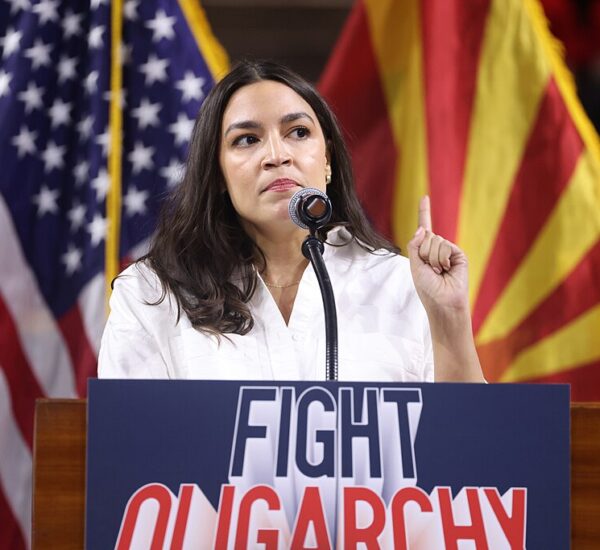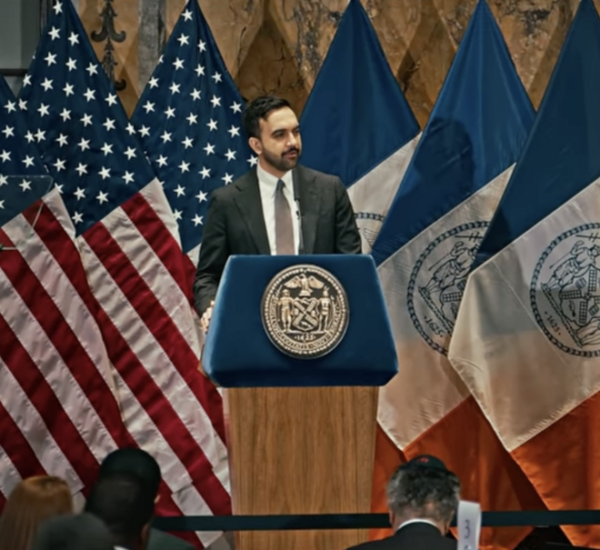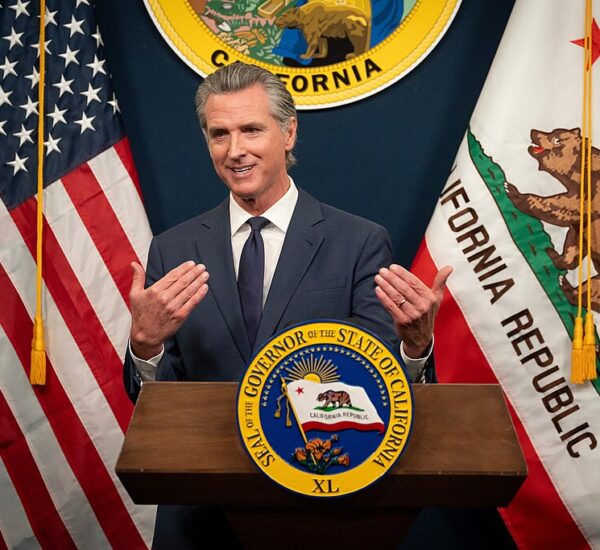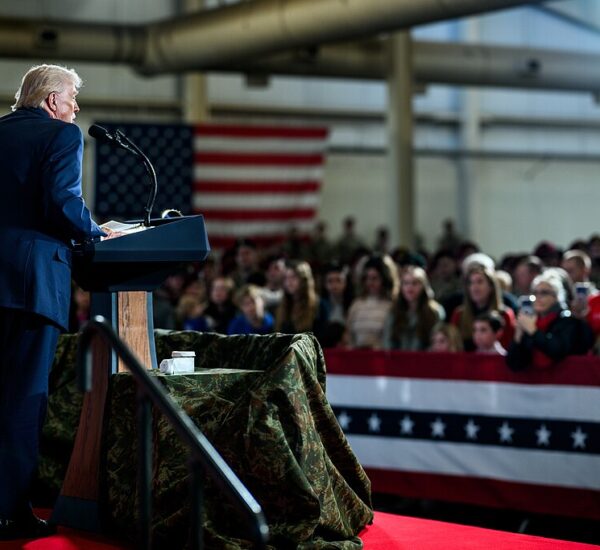Things are getting RED HOT in the Middle East!
Kananaskis, Alberta — Iran’s regime is reeling, and now they’re desperate to negotiate. After years of hardline defiance, Tehran is finally signaling it’s willing to curb its nuclear enrichment program — just days after Israel’s devastating airstrikes obliterated multiple nuclear facilities and killed several top Iranian officials.
President Donald J. Trump confirmed the shift on Monday, during a high-stakes G7 Summit meeting with Canadian Prime Minister Mark Carney.
“They want to talk now — but they had 60 days,” Trump said. “And on day 61, we ended the deal. Now, the pain is theirs.”
Israel’s Precision Strikes Force Iran to Blink
Late last week, Israel launched a series of targeted air raids that hit several above-ground Iranian nuclear sites. According to international inspectors, Iran was dangerously close to producing weapons-grade uranium, prompting immediate action by Jerusalem.
Iran responded with a flurry of missile launches, but Israel’s Iron Dome defense system successfully intercepted most of the incoming fire. The strategic strike severely weakened Tehran’s capabilities — and exposed the regime’s vulnerability.
Trump’s Warning Came Weeks Ago: ’60 Days or No Deal’
President Trump told The Post that he always knew when the strikes would occur. After meeting with Israeli Prime Minister Benjamin Netanyahu on April 7, Trump gave Iran a 60-day ultimatum to abandon its nuclear ambitions.
“We tried to give them a peaceful way out,” Trump said. “They refused. Now, they’re begging to talk.”
Peace Through Strength: Trump Leaves Door Open for Diplomacy
Despite Iran’s aggression, President Trump made clear that the door isn’t fully closed — yet. One key nuclear site, the heavily fortified Fordow enrichment facility, remains operational inside a mountain.
“There’s still time,” Trump said. “They can come to the table, but the window is closing.”
During a separate interview with ABC, Trump hinted that U.S. military involvement is possible if Iran crosses certain red lines. However, when pressed at the G7 Summit about what would trigger American action, the president declined to give specifics.
U.S. Intelligence and Military Support for Israel Stays Strong
When asked whether America would continue to assist Israel, Trump reaffirmed the alliance.
“We’ve always supported Israel — quietly and consistently,” he said. “They’re doing very well.”
Israel’s swift response and effective use of missile defense has restored confidence in the region, while Iran’s leadership scrambles to regain control.
G7 Leaders Urge De-escalation — But Trump Holds His Ground
The G7 Summit brings together world leaders from the UK, Germany, Japan, Italy, France, and Canada. Several nations have called for a de-escalation in the Middle East conflict, according to Reuters. However, Trump has not yet signed onto any joint peace declaration, reserving his right to act in America’s and Israel’s best interest.
“We don’t sign weak deals,” Trump told reporters. “We get results.”
Beyond Iran: Trump Focuses on Trade and Tariffs
In addition to the nuclear standoff, President Trump is pushing forward on fair trade agreements. He met with Carney to discuss new tariffs and will also meet Monday with German Chancellor Friedrich Merz and UK Prime Minister Keir Starmer to reinforce American economic priorities.
White House Statement: Trump Will Never Let Iran Go Nuclear
A senior White House official summed up the Trump Doctrine in one line:
“President Trump is restoring peace through strength. Iran will never obtain a nuclear weapon under his watch.”






